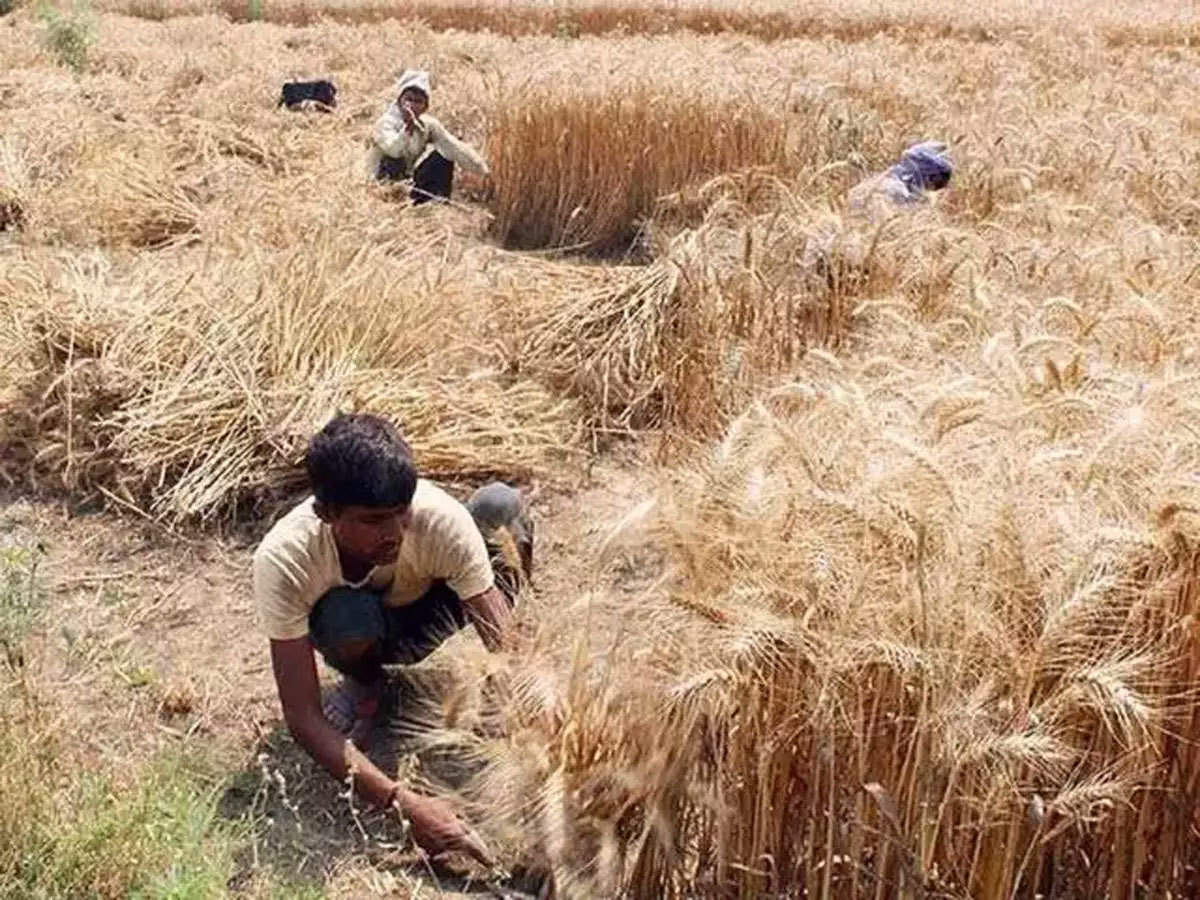
Farmers in Bihar face incredible odds to save their rabi crops, after a labour crisis in the state arising from the novel coronavirus disease (COVID-19) pandemic.
The labourers — more than 1.50 lakh of whom returned to their villages in Bihar from urban areas — are hesitant to venture out for work, for fear of getting penalised or worse, getting infected by the virus.
The Bihar government, on April 2, 2020, however, lifted restrictions on labourers, allowing them to work in fields and announced several directions and precautions they should take while working to not get infected by the virus.
“This is the harvest season of Rabi crops and the people are required to go out for this. They must go out and complete this task but they should follow social distancing,” Bihar Chief Minister Nitish Kumar said.
The state government advised labourers to maintain social distancing and high levels of hygiene while harvesting crops.
The Bihar agriculture department too issued advertisements in local newspapers, detailing several dos and don’ts for famers and labourers during harvesting.
“Labourers should strictly follow social distancing while harvesting and thrashing (the crops) and keep a distance of at least two mitres between two persons,” the agriculture department said.
Farming tools and implements like sickles should be washed by labourers thrice a day with detergent-mixed water, according to the agriculture department.
It also advised labourers to keep their cooking utensils and water bottles separate, wash them properly and to not exchange them with others in any circumstances.
Labourers should also properly wash the clothes they wear during harvest and dry them under the sun and wash their hands at regular intervals, according to the guidelines.
There is large-scale reverse migration trend across the country after thousands of migrant workers feared loss in their livelihoods from long-term unemployment.
The farmers, as a result of this labour crisis, face massive losses from letting their rabi crops stay longer in fields and not harvesting the almost ripe crops with the help of labour.
Increasing incidents of fire engulfing farmland and destroying the crops have increased these fears even more.
Agricultural experts, however, said that there were too many risks involved in allowing ripe crops to stay longer in the fields.
“The existing weather condition is perfect for harvesting since westerly winds are sweeping the region. So it will be good for farmers to complete the harvest by April 15,” Harimohan Mishra, deputy project director at Agriculture Technology Management Agency, told Down To Earth.
Easterly winds that contain moisture and freak weather conditions like hailstorms would cause huge losses to farmers across the state, he added.
The state did not have expert drivers to operate combined harvesters that speed up the process, according to him.
“Local famers normally hire such drivers from Punjab, but due to suspension of all kinds of transport services due to lockdown, such drivers can’t reach Bihar now,” Mishra added.
Any delays in harvest would impact the quality of grains, according to Manoj Kapri, another expert who is the agriculture co-ordinator in the state’s Munger district.
“While there are 20 per cent chances of grains falling on the ground if not harvested soon, the longer standing crops stay in the field, the more the quality of the grains will be affected,” Kapri said.
Grains lose their shine if they are kept longer in fields, he added.
“Our crops are ready to be harvested but there is severe scarcity of labourers while the harvesters, reaper-cum-binders and thrasher machines are not available in plenty,” said Divesh Singh, a farmer from Rampur Diyara in Patna.
“The crops which we grew after so much effort are getting destroyed in front of our own eyes,” he added.
Labourers from neighbouring districts earlier came for work during the harvesting season, but the disruption of transport services from the lockdown has hindered them from doing so this year, according to Singh.
The costs of farming vehicles like the reaper machine have increased as well.
“Machine owners are charging Rs 2,000 for harvesting one bigha of crops,” said Pankaj Kumar Yadav, a farmer form Begusarai.
More than five lakh hectares of crops and vegetables in 11 Bihar districts were going to waste because of a lack of transport.
There 11 districts produce more than 50 per cent of the total vegetables grown in the state.
“We have grown brinjal, tomato and sweet gourd in large areas of land. They are ready to be supplied to the market, but we don’t have the facility to do so,” said Niraj Yadav, a farmer in Patna.
He said he would suffer huge losses if the vegetables were not sold.




